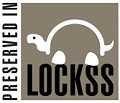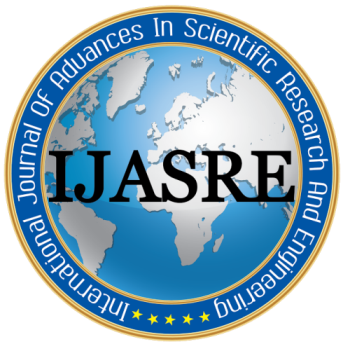The Influence of Service Quality, Competence, Innovation and Competitive Advantage on Marketing Performance
DOI:
https://doi.org/10.31695/IJASRE.2022.8.8.2Keywords:
Service Quality, Competence, Innovation, Competitive Advantage, Marketing PerformanceAbstract
This study aims to analyze the effect of service quality, competence, innovation and competitive advantage on marketing performance. The research population is the management of the Course and Training Institute (LKP) in Semarang Regency, while the sample using the purposive sampling method is taken with the criteria that it has been established for 3 years, accreditation is still valid, the organizational structure is still complete and the building is self-owned and obtained as many as 150 LKP respondents. The analysis technique uses regression analysis. The results show that the variables of service quality, innovation and competitive advantage have an effect on marketing performance, while the competence variable has no effect on marketing performance.
References
Aaker, D. A. (1989). Managing Assets and Skills: The Key To a Sustainable Competitive Advantage. California Management Review, 31(2), 91–106. https://doi.org/10.2307/41166561
Agha, S., Alrubaiee, L., & Jamhour, M. (2011). Effect of Core Competence on Competitive Advantage and Organizational Performance. International Journal of Business and Management, 7(1), 192–204. https://doi.org/10.5539/ijbm.v7n1p192
Armstrong, G., Kotler, P., An, M., Edition, I., Download, P. D. F., An, M., Edition, I., Download, P. K., Best, R., Online, B., & An, M. (n.d.). [ PDF ] Marketing: An Introduction CLICK HERE FOR DOWNLOAD.
Aryana, I. N., Wardana, I. M., & Ni Nyoman Kerti Yasa. (2017). Building Competitive Advantage Through Information System Performance And Customer Intimacy In Improving Marketing Performance. E-Journal of Economics and Business, Udayana University, 6, 1343–1364.
Aryana, P., & Tj., H. W. (2017). The Influence of Organizational Culture, Work Ethics and Loyalty on Employee Performance (Case Study on Non-Academic Supporting Employees at XYZ University). Scientific Journal of Business Management, 17(2), 89–110.
Barney, J. (1991a). Firm Resources ad Sustained Competitive Advantege. In Journal of Management (Vol. 17, Issue 1, pp. 99–120).
Barney, J. (1991b). Firm Resources and Sustained Competitive Advantage. Journal of Management, 17(1), 99–120. https://doi.org/10.1177/014920639101700108
Bharadwaj, S. G., Fahy, J., & Varadarajan, P. R. (2015). Sustainable Competitive Advantage in Service Industries: a Conceptual Model and Research Propositions. Developments in Marketing Science: Proceedings of the Academy of Marketing Science, 441–443. https://doi.org/10.1007/978-3-319-13248-8_90
Bloemer, J., Pluymaekers, M., & Odekerken, A. (2013). Trust and affective commitment as energizing forces for export performance. International Business Review, 22(2), 363–380. https://doi.org/10.1016/j.ibusrev.2012.05.002
Buzzell, R.D. and Gale, B.T. (1987) The PIMS Principles: Linking Strategy and Performance. Free Press, New York.
Downloads
How to Cite
Issue
Section
License
Copyright (c) 2022 Kusmanto, Widji Astuti, Harsono

This work is licensed under a Creative Commons Attribution-NonCommercial 4.0 International License.








